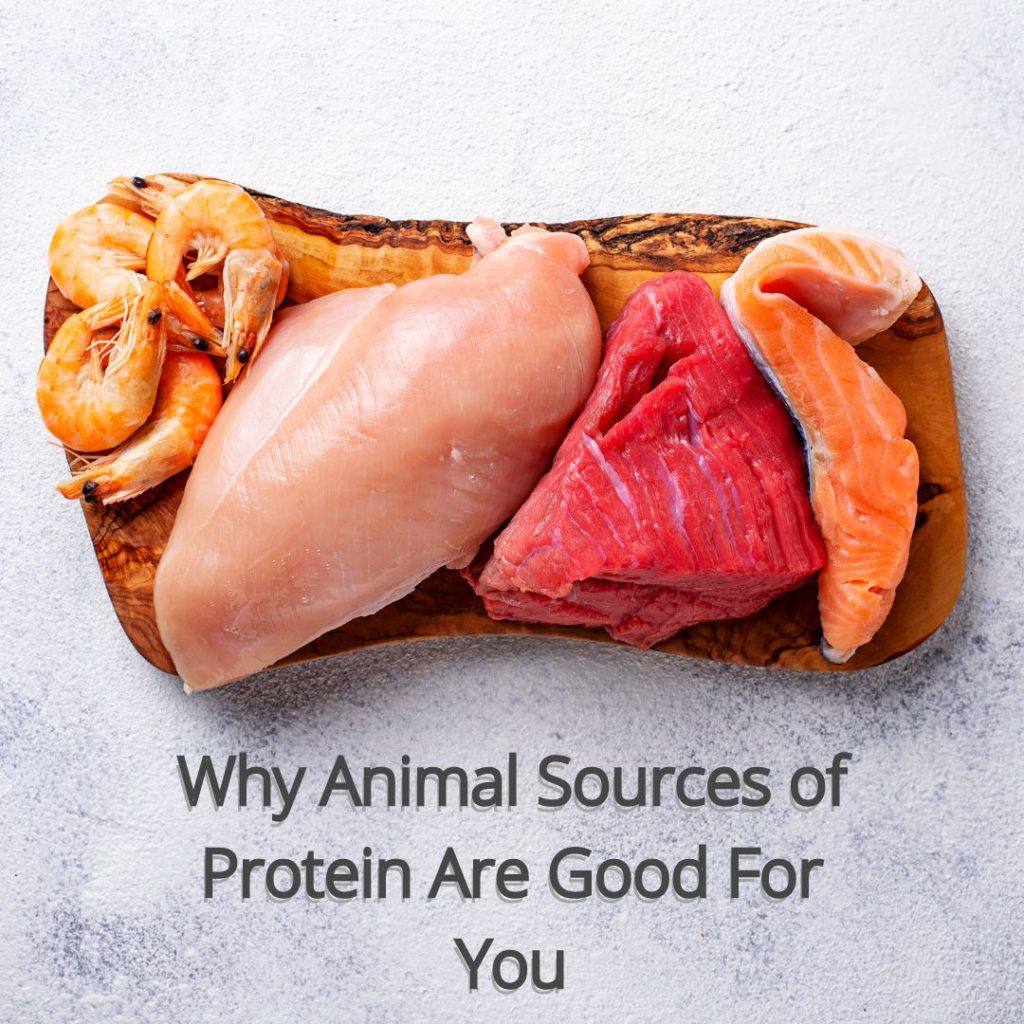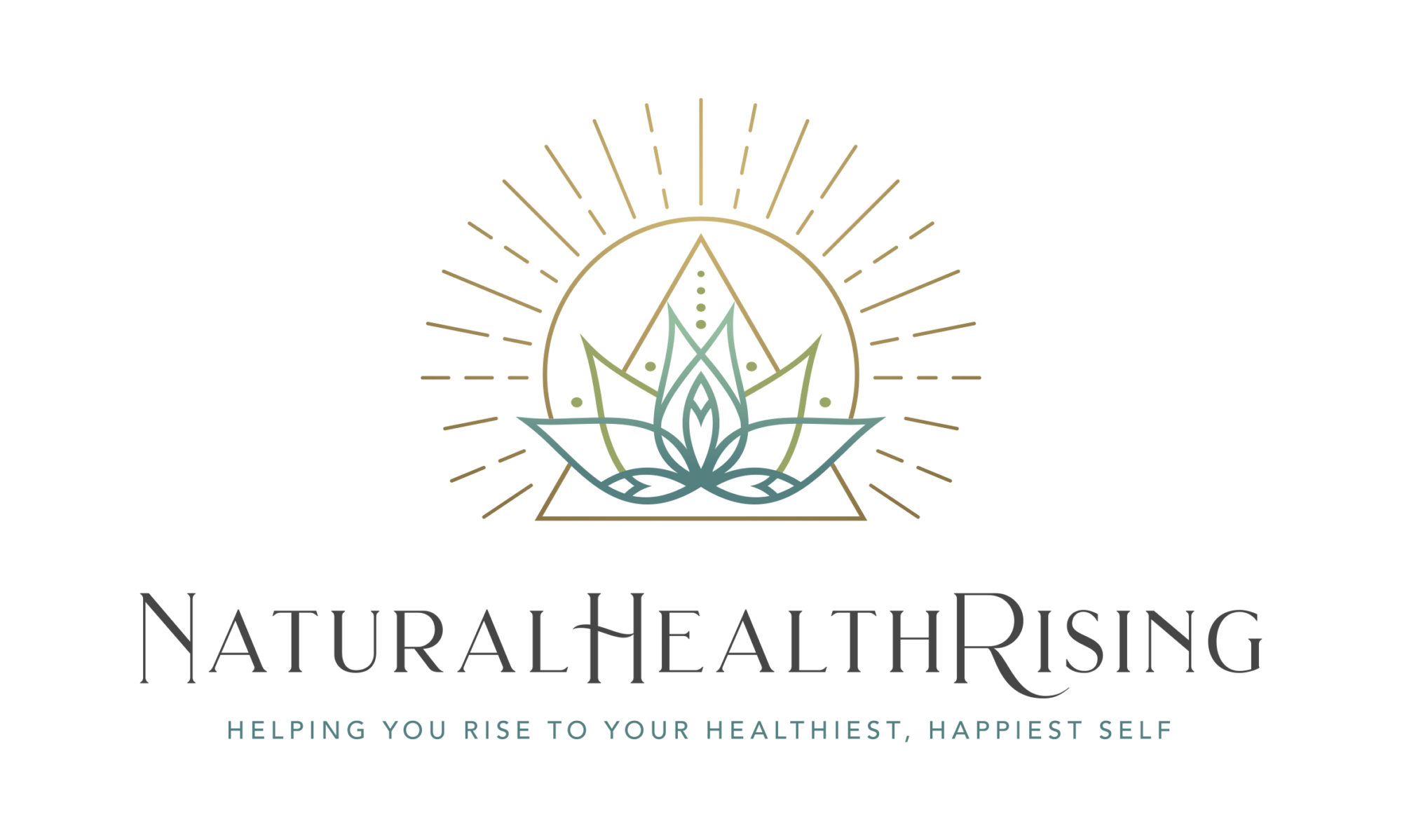
- Animal protein is a “complete protein” while most plant sources are not.
- Animal protein is loaded with Vitamin B12.
- Fatty fish contain omega-3 fatty acids and vitamin D.
- Animal protein contains heme-iron.
- Zinc is highest in animal products.
Animal Protein Is A Complete Protein While Most Plant Sources Are Not
Your body needs 20 various amino acids to build proteins. There are two main categories of amino acids: essential and non-essential. Your body is capable of producing non-essential amino acids but not essential amino acids. This means you MUST consume the essential amino acids in your diet. To get the 9 essential amino acids into your diet, you must consume a complete protein source, whether via food or supplements. Also, you need various essential amino acids to stimulate muscle growth, maintain blood sugar levels, have healthy skin and connective tissue, and so much more. Animal protein sources such as fish, eggs, poultry, and meat are complete protein sources. They contain all 9 essential amino acids. Dairy also falls into this category, but many people do not tolerate it well. So, you can consume dairy only if you are not sensitive or allergic to dairy.
Animal Protein Is Loaded With Vitamin B12
Meat, poultry, and fish contain Vitamin B12. Vitamin B12 is an essential vitamin that your body cannot produce itself. This vitamin is critical to the normal formation of red blood cells. In addition, vitamin B12 plays a role in synthesizing serotonin (a chemical that makes you feel good and happy). Overall, vitamin B12 supports energy production, cognitive function, and heart and nerve health.
Fatty Fish Contain Omega-3 Fatty Acids and Vitamin D
Omega-3 fatty acids are primarily found in fish and are known for their positive impact on cognitive function. Consumption of these healthy fats may reduce depression and anxiety, reduce ADHD symptoms, reduce the risk of Alzheimer’s and dementia, and improve cognitive processes. Fish highest in these omega-3 fatty acids include wild-caught salmon, sardines, and anchovies.
Vitamin D deficiency is one of the most prevalent vitamin deficiencies. However, this vitamin is essential to our health and wellbeing. It is necessary for the immune system, calcium balance, bone health, and more. Vitamin D may reduce pain in patients with fibromyalgia, lessen symptoms of inflammatory bowel disease (IBS). It may even cut asthma exacerbations in half. Fish sources of vitamin D include salmon, sardines, tuna, and herring.
Animal Protein Contains Heme-iron
Animal protein contains heme-iron, which is a type of iron that your body absorbs well. Plant foods contain non-heme iron, which is not absorbed as well as heme-iron is. Iron is necessary for your red blood cells to transport oxygen throughout your body. A lack of iron can cause fatigue and light-headedness. Oysters, mussels, clams, sardines, organ meats, beef, and poultry are all great sources of heme-iron.
Zinc Is Highest In Animal Products
Zinc is an essential mineral. Your body requires zinc for over 300 enzymes to function properly in your body. It supports the immune system and promotes wound healing. Animal products highest in zinc include red meat, shellfish, and eggs.
How Much Animal Protein Should You Consume?
The amount of animal protein to consume looks different for everyone depending on metabolism, lifestyle factors, and disease states. Consuming high-quality animal protein helped me heal from my autoimmune disease. However, there are certain diseases where consuming animal products may irritate the issue. For example, someone with Rheumatoid Arthritis (RA) may be more sensitive to red meat. Meanwhile, someone with Mast Cell Activation Syndrome (MCAS) may not be able to consume fish. The bottom line is that there is not one recommended diet.
However, if you can consume animal protein, you now understand the major health benefits you can receive from this food group. Remember to consume fats, proteins, and carbohydrates at every meal. You need them for good blood sugar balance, satiety, and stable energy. Therefore, a good starting place is to fill up your plate with 30-40% in protein, 30-40% in carbs, and 20-30% in fats. Think of your plate as a pie chart. What ratios of each macronutrient make one feel the best is different for everyone. I recommend playing around with different percentages of protein, carbohydrates, and fats. Finally, find what ratio makes you feel full, happy, and energized. We all are bio-individual, unique beings.
If you’re still lost as to whether you should really consume animal proteins and how much you should consume depending on your health history and lifestyle, book a free session with me here to discuss more!
https://www.naturalhealthrising.net/health-consultation

Recent Comments